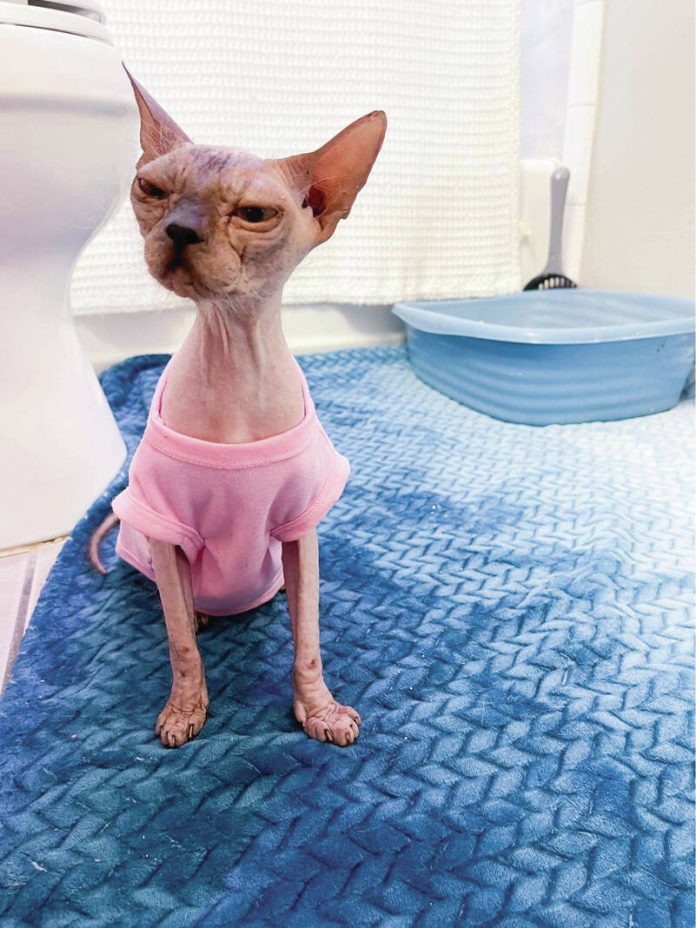By Samantha Chavez
Special to The Monitor
One of the main problems with the stray pet population in the Rio Grande Valley is that there are no stray pets, technically speaking. All the animals roaming the streets had a home at one point. But, for one reason or another, no one will claim them now.
“That pet started somewhere,” said Faith Wright, Palm Valley Animal Society’s director of operations. “Maybe they had a dog that birthed the puppy and then the puppy got loose. Every dog started out somewhere.”
Wright believes the solution to lost pets is to find the owners and, if the pet is no longer wanted, to have the owner and shelter work together until the animal can find a new home.
“Through our resource center, we’re able to help people that found an animal and are willing to hang on to it. We can give them food, crates, bowls, collars, leashes, and anything else they might need,” Wright said. The resource center then works to try to reunite the pet with the owner. Microchips and tagging are important so the animal can be returned to owners quickly if it gets lost. Palm Valley Animal Society also uses the resource center to provide help to people struggling to maintain their pets, such as fencing and food.
Another way to help these lost pets is by understanding how beneficial spaying and neutering is to the community and the pets.
“Your pet will live longer. You reduce the risk of the females getting ovarian cancer and the males getting testicular cancer,” said Esmer Garcia, rescue coordinator of Yaqui Animal Rescue. There are benefits beyond the health of the pet as well. Garcia mentioned the issue of breeding, in which new litters are now on the streets and also go on to reproduce and increase the amount of loose animals. In addition, there are long waiting lists for most of the shelters, foster based rescues, and spaying and neutering services.
Despite long wait times, owners should still continue trying to get their pets spayed or neutered.
The RGV Low Cost Spay Neuter Clinic offers affordable services, and there are also often local events, such as one held by Murphy’s Safe Haven.
“A while back we had this one program where we went into low-income neighborhoods and provided free vaccines, free microchips, and free simple vetting,” said Audrey Wulf, founder of Murphy’s Safe Haven. Information about these events can be found on the social media accounts of local shelters and foster-based organizations.
Rio Grande Valley residents can help in many other ways, such as adopting, donating, or fostering. Fostering the pets for as long as possible will allow the shelters to find new owners for the pets and keep animals from roaming the streets.




